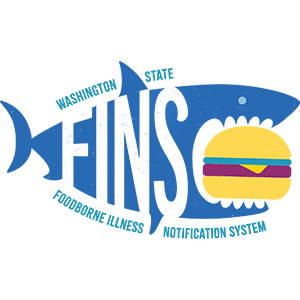Temporary Food Establishment Permits
Learn about offering or selling food at a temporary food event, including pancake breakfasts, spaghetti feeds, and booths at large events like Pig Out in the Park.
Contact Us
- 509.324.1560 ext 2
- Email Us
- M - W: 8 a.m. - 4:30 p.m.
- Th: 8:30 a.m. - 4:30 p.m.
- F: 8 a.m. - 12:30 p.m.
Overview
To sell or distribute food or beverages to the public at a temporary location, such as at a community event, in Spokane County, the person in charge of food service must first obtain approval or a permit, known as a temporary food establishment (TFE) permit, to operate. TFE permits are issued by Spokane Regional Health District.
Mobile Units
If you are planning to apply for a temporary food establishment (TFE) permit and use a food truck or enclosed trailer, approval from Washington State Department of Labor and Industries (L&I) may be required. Please be advised that the approval process may take several months. For more information about the L&I requirements and the approval process, please see L&I’s Food Trucks and Trailers page.
Temporary Food Establishment (TFE) Seminar
Spokane Regional Health District (SRHD) hosted the following seminar for TFE coordinators and operators in May 2025.
Seminar Frequently Asked Questions
The following frequently asked questions (FAQ) are a supplement to the Temporary Food Establishment Seminar. Questions are organized by agency.
Learn More About the TFE Permitting Process
Learn more about how to get a temporary food establishment permit by following this step-by-step process.

Food Establishment Permits
Get information about starting or continuing operation of a permanent food establishment.

Report Unsafe Food Handling or Foodborne Illness
Please report unsafe food handling practices or foodborne illness to the Washington State Department of Health Foodborne Illness Notification System (FINS).
